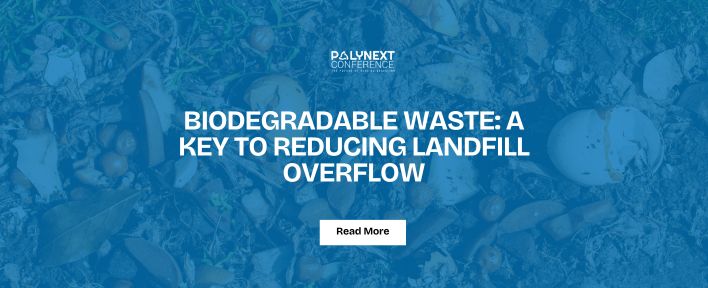In today’s era of environmental consciousness, waste management has become a key topic of discussion. Among the various types of waste, biodegradable waste holds a special place due to its essential role in maintaining ecological balance. Understanding its importance can help us adopt more sustainable practices to protect the environment.
What is Biodegradable Waste?
Biodegradable waste refers to organic material that can decompose naturally through the action of microorganisms, such as bacteria and fungi. Common examples include food scraps, yard waste, paper, and certain textiles. Unlike non-biodegradable waste, which can persist in the environment for centuries, biodegradable waste breaks down into natural elements like carbon dioxide, water, and organic matter, enriching the soil in the process.
Why is Biodegradable Waste Important for the Environment?
- Enriches the Soil When biodegradable waste decomposes, it creates compost—a rich, nutrient-filled substance that enhances soil fertility. Composting biodegradable waste ensures that essential nutrients are recycled back into the earth, supporting plant growth and agriculture.
- Reduces Landfill Overload A significant portion of global waste comprises organic materials. Properly managing biodegradable waste through composting or anaerobic digestion reduces the burden on landfills. This not only saves space but also minimizes the environmental risks associated with overflowing landfills.
- Minimizes Greenhouse Gas Emissions When biodegradable waste is improperly disposed of in landfills, it decomposes anaerobically, producing methane—a potent greenhouse gas. By composting or using advanced waste management systems, methane emissions can be significantly reduced, mitigating climate change.
- Supports Natural Ecosystems Decomposed organic matter plays a crucial role in natural ecosystems. For example, forest floors thrive on decayed leaves and plant material, which create a fertile ground for new growth. Similarly, marine ecosystems benefit from the natural breakdown of organic materials, maintaining aquatic biodiversity.
The Role of Humans in Managing Biodegradable Waste
Efficient biodegradable waste management is critical to harnessing its environmental benefits. Here’s how individuals and communities can contribute:
- Composting at Home: Setting up a compost bin is a simple yet impactful way to recycle kitchen and garden waste. The resulting compost can be used for gardening, reducing the need for chemical fertilizers.
- Municipal Composting Programs: Supporting or initiating local composting initiatives can ensure that biodegradable waste is managed on a larger scale, benefiting entire communities.
- Educating the Public: Awareness campaigns highlighting the importance of biodegradable waste and how to manage it effectively can drive behavioral change across society.
Challenges in Biodegradable Waste Management
Despite its advantages, biodegradable waste management faces several challenges:
- Lack of Infrastructure: Many regions lack the facilities for composting or anaerobic digestion, leading to improper disposal.
- Contamination: Mixing biodegradable waste with non-biodegradable materials can make it unsuitable for composting.
- Public Awareness: A significant portion of the population is unaware of the benefits and methods of managing biodegradable waste.
Conclusion
Biodegradable waste is not just an inevitable byproduct of human activity; it is a valuable resource that, when managed properly, can enhance soil fertility, reduce greenhouse gas emissions, and support natural ecosystems. As global citizens, it is our responsibility to adopt sustainable practices and advocate for better waste management systems. By doing so, we can ensure a healthier planet for future generations.




